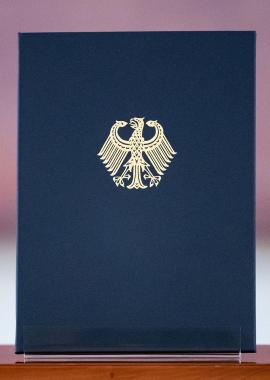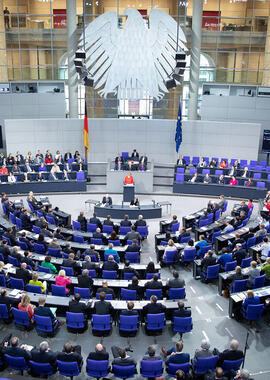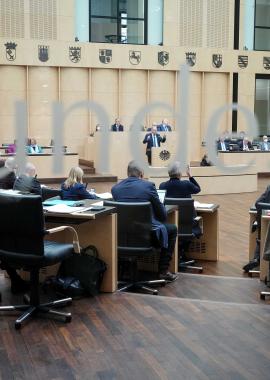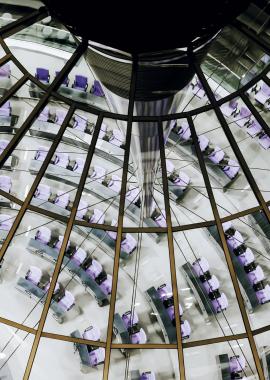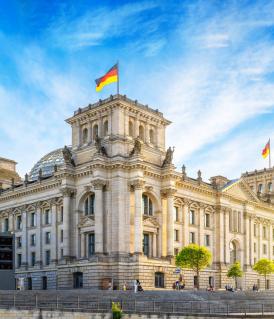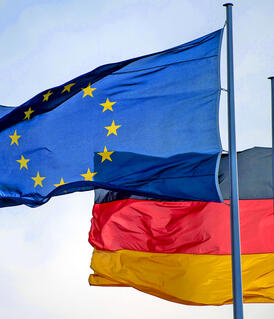The Federal Republic of Germany is a thriving democracy based on values, with a diverse political landscape. The country is deeply shaped by its federal structure, consisting of 16 federal states.
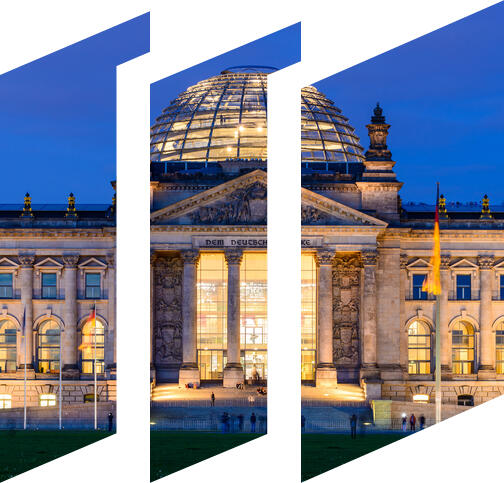
Active Politics
The Federal government’s agenda includes topics such as managing migration, climate protection, cooperation in Europe, and championing peace and security world-wide.
Federal Chancellors
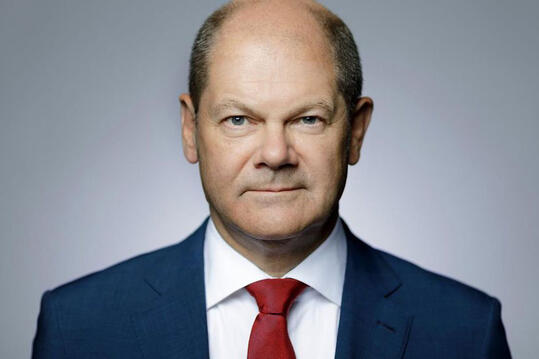
Olaf Scholz (SPD)
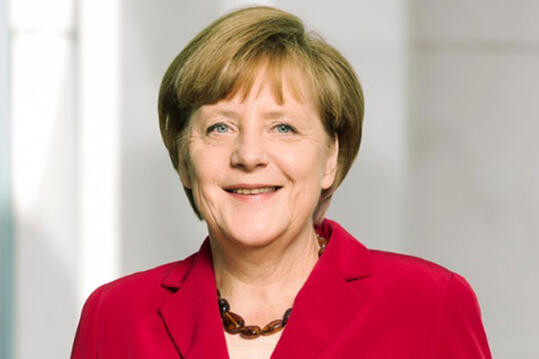
Angela Merkel (CDU)
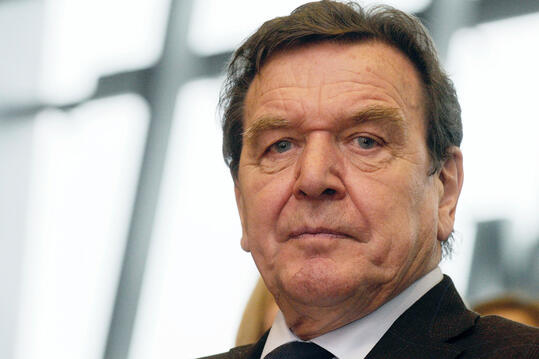
Gerhard Schröder (SPD)
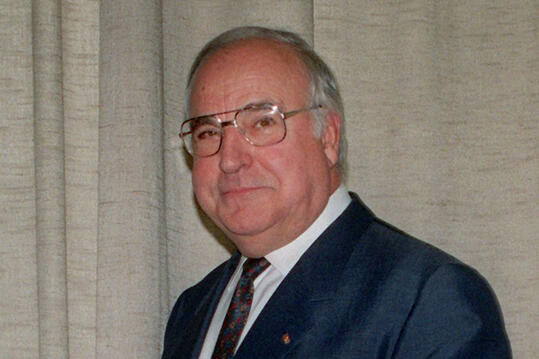
Helmut Kohl (CDU)
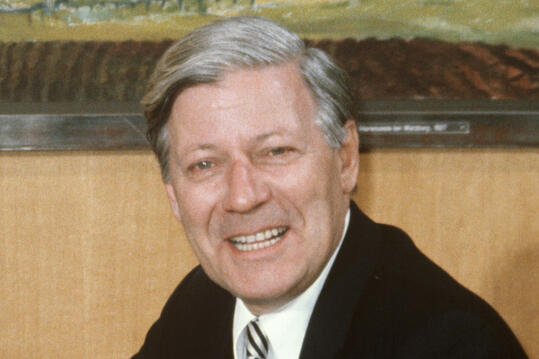
Helmut Schmidt (SPD)
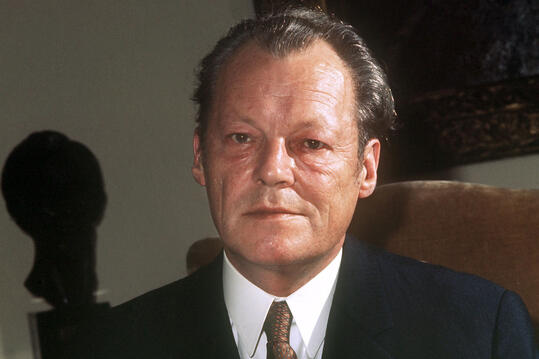
Willy Brandt (SPD)
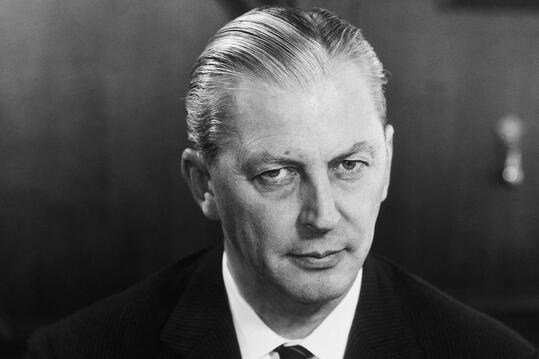
Kurt Georg Kiesinger (CDU)
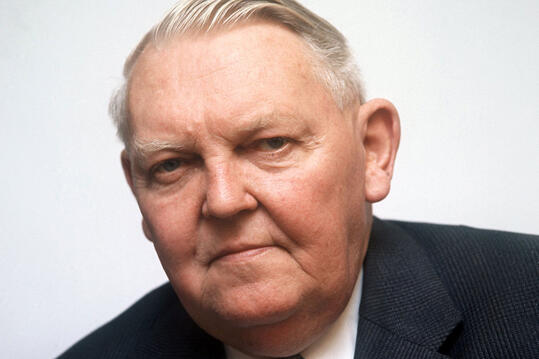
Ludwig Erhard (CDU)
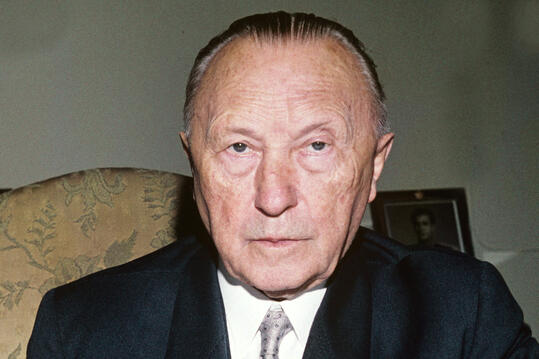
Konrad Adenauer (CDU)
The Federal Chancellor heads the Federal government. Together with the federal ministers he or she forms the Federal government, the cabinet.
Living Democracy
Germany is a parliamentary and federal democracy. The citizens elect the parliament – the Bundestag – every four years.
Turnout for Bundestag elections

Parliament & Parties

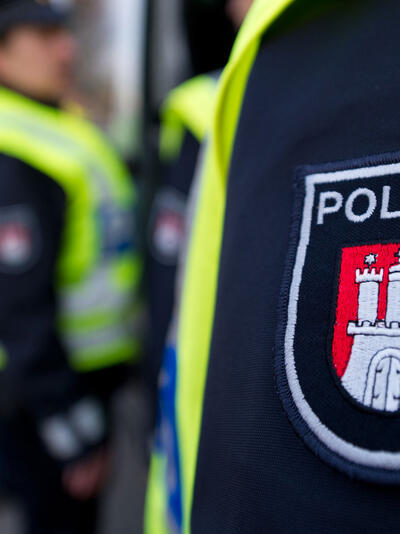
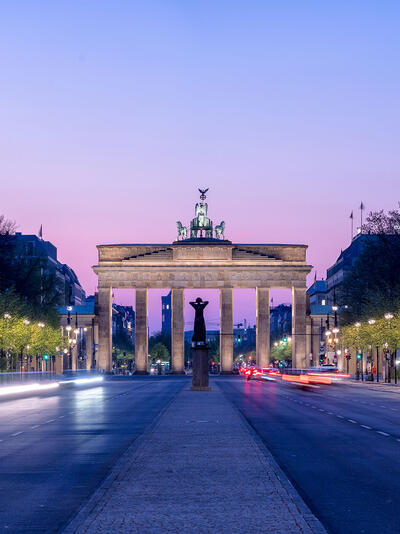
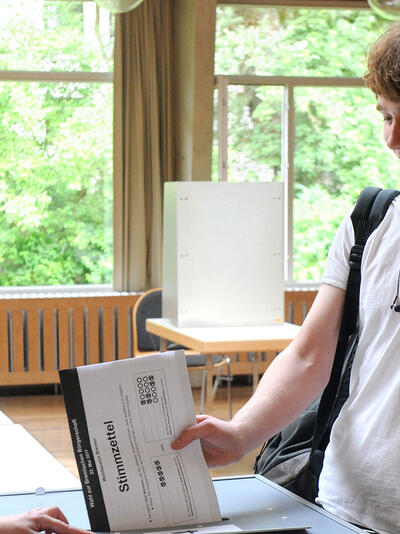
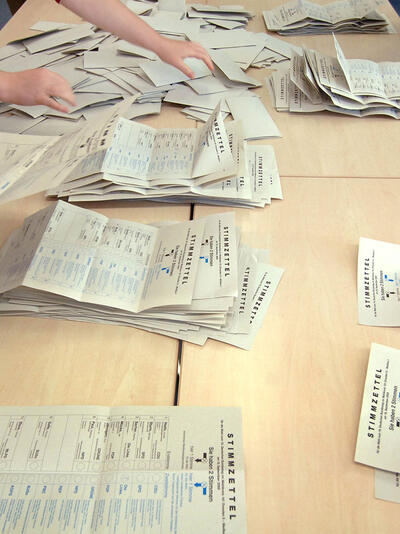
Federal Presidents
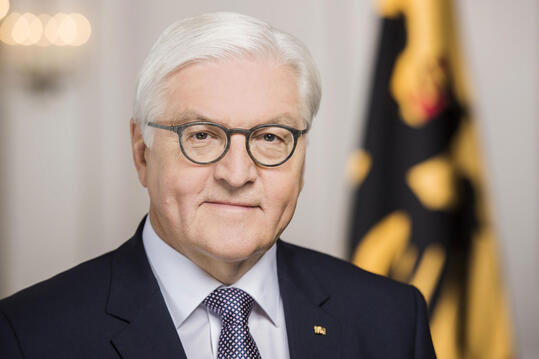
Frank-Walter Steinmeier (SPD)
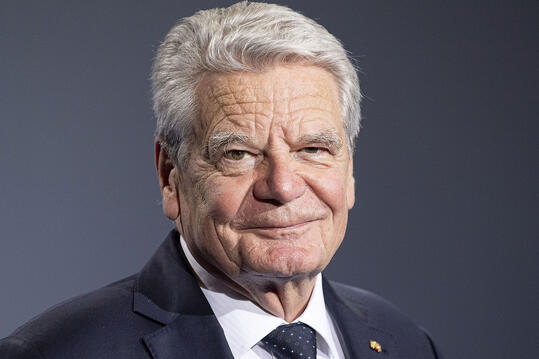
Joachim Gauck (no party)
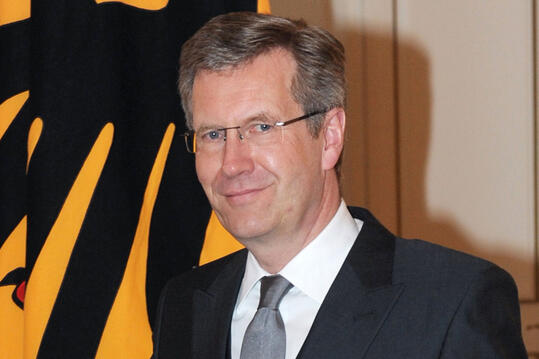
Christian Wulff (CDU)
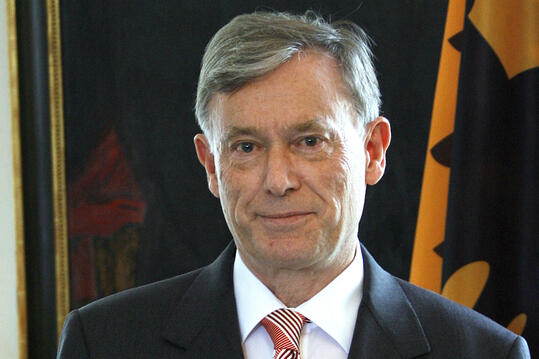
Horst Köhler (CDU)
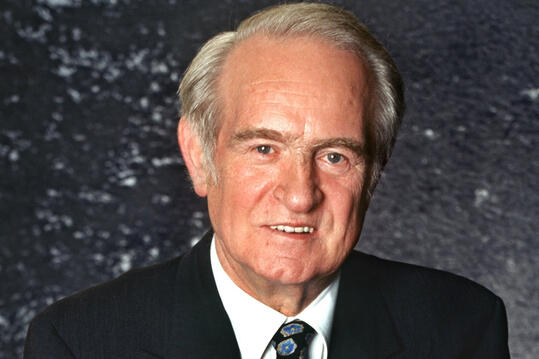
Johannes Rau (SPD)
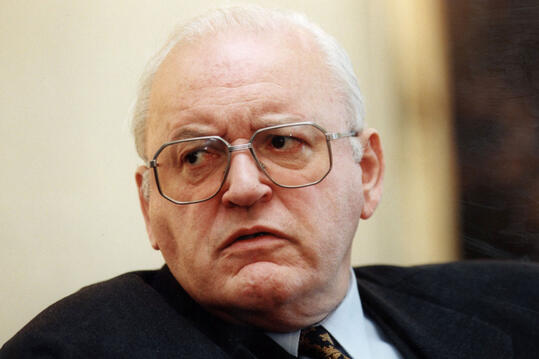
Roman Herzog (CDU)
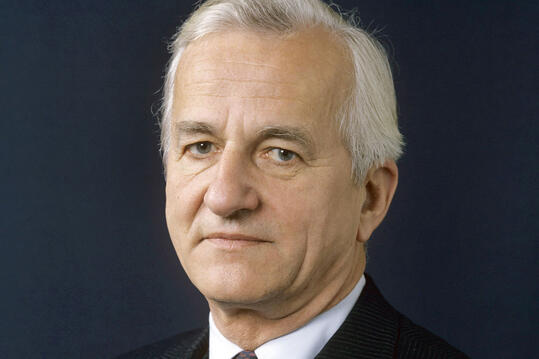
Richard von Weizsäcker (CDU)
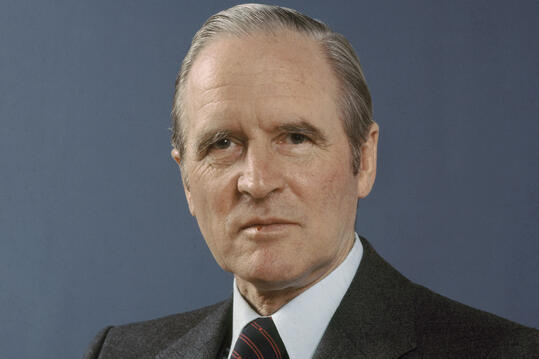
Karl Carstens (CDU)
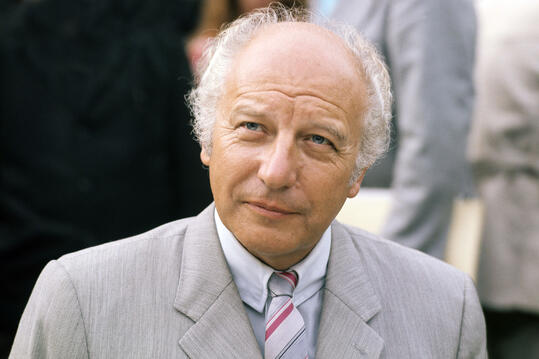
Walter Scheel (FDP)
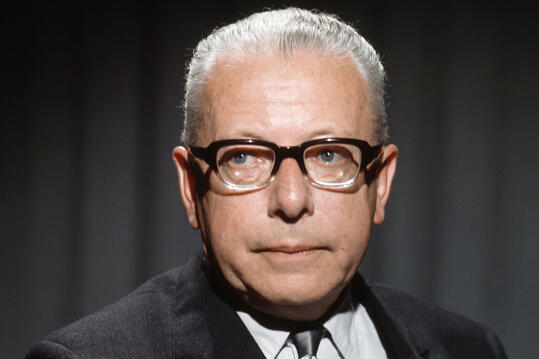
Gustav Heinemann (SPD)
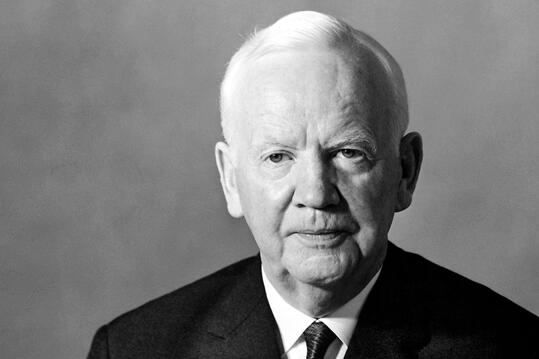
Heinrich Lübke (CDU)
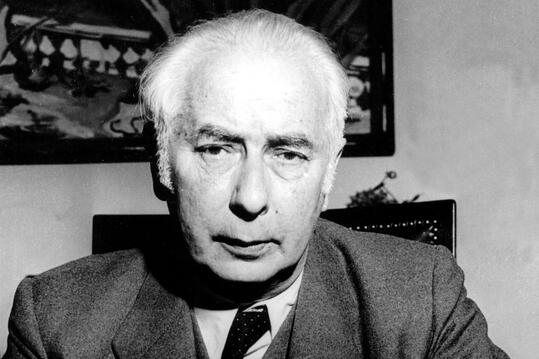
Theodor Heuss (FDP)
The Federal President is the most senior political person in the country. In terms of protocol the Federal President holds the highest office. S/he is elected not by the people, but by a Federal Assembly convened specially for the purpose.
Politics
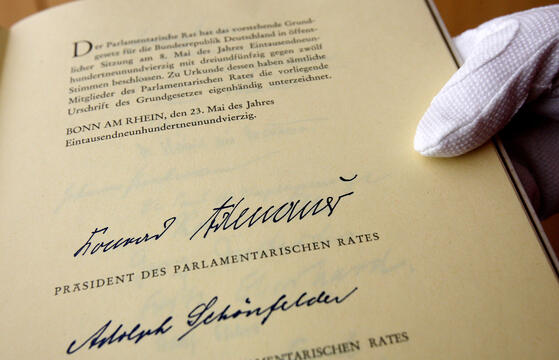
On 23 May the Parliamentary Council, which is made up of representatives of the states in the Western Occupation Zones, rresolves the Basic Law in Bonn. The first Bundestag is elected on 14 August.
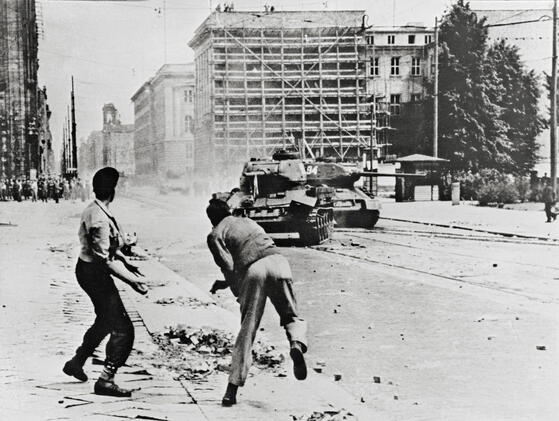
On 17 June 1953 around one million people take to the streets in East Berlin and East Germany in protest at the political and economic conditions. The uprising is quashed by a massive military operation.
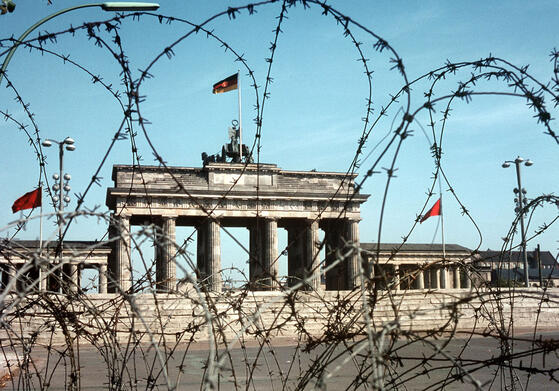
In Berlin, the East German leadership seals off the crossings from east to west: with a wall and barbed wire. Anyone henceforth seen trying to escape is shot. The unity of Germany as a state seems unattainable for the foreseeable future.
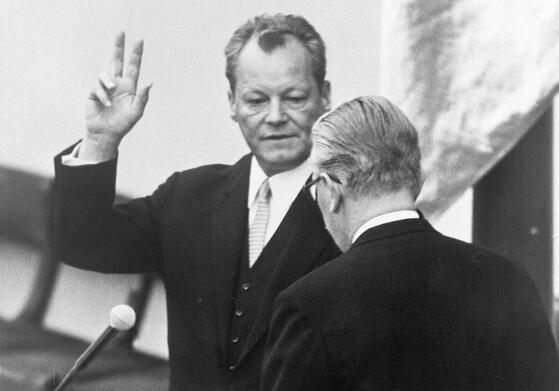
Willy Brandt is the first Chancellor not to be a member of the CDU party. The Ostpolitik of the coalition government made up of the SPD and FDP creates a framework for the reconciliation of Germany with its eastern neighbours.
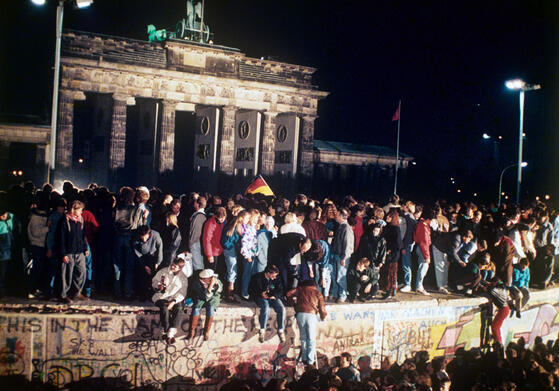
In East Germany, peaceful protests lead to the regime being toppled. On 9 November the border with the West is opened. After the first free elections on 18 March, East Germany accedes to the Federal Republic on 3 October 1990.
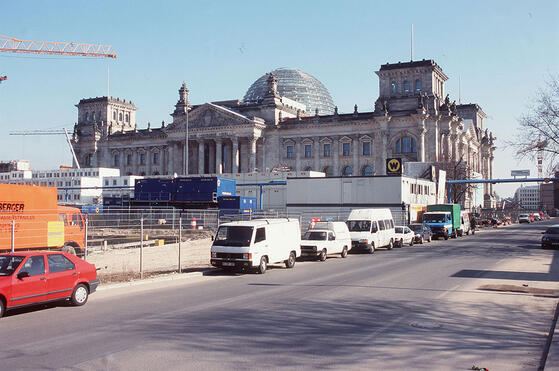
The Bundestag and the Federal Government are relocated to Berlin. The parliamentary buildings stand on both sides of the former course taken by the Wall. Bonn remains the seat of some ministries and federal authorities.
Political system, Parliament & Parties
Germany is a federation. The federation and the 16 Länder (states) each have areas of responsibility of their own.
